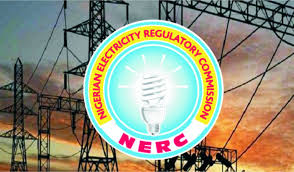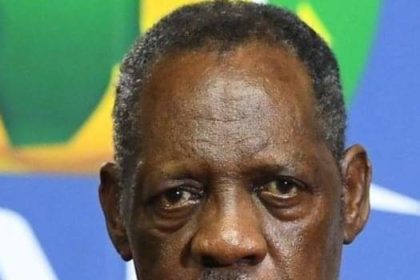By Adeyemi Adekunle
The Nigerian Electricity Regulatory Commission (NERC) has revealed a 2.76% rise in electricity subsidies payable by the Federal Government, with the figure increasing from N194.26 billion in November to N199.64 billion in December. The surge highlights the mounting financial burden on the government as inflation, currency volatility, and generation challenges persist.
In the latest December 2024 Multi-Year Tariff Order (MYTO) published on its website, NERC confirmed that tariffs for all customer categories remain unchanged. Customers in Bands B to E will continue paying rates set in December 2022, while Band-A customers — typically industrial and large-scale consumers — will maintain a rate of N209 per kilowatt-hour (kWh).
Key beneficiaries of the subsidies include major Distribution Companies (DisCos) like Abuja Electricity Distribution Company (AEDC) and Ikeja Electric. AEDC’s subsidy allocation increased from N27.86 billion in November to N29.10 billion in December, while Ikeja Electric’s share rose to N26.68 billion, underscoring their significant reliance on government support to keep tariffs stable.
The increase in subsidies is tied to economic headwinds, particularly a sharp rise in inflation, which hit 33.9%, and the depreciating naira. Coupled with fluctuations in power generation capacity, these factors have necessitated sustained intervention by the Federal Government to cushion electricity costs for Nigerians.
NERC further disclosed that the benchmark price for gas-to-power remains steady at $2.42 per MMBTU (million British thermal units), in line with rates set by the Nigerian Midstream and Downstream Petroleum Regulatory Authority (NMDPRA). This consistency is vital for ensuring the cost of generating electricity does not spiral further amid global energy price uncertainties.
However, concerns persist among stakeholders regarding the effectiveness of subsidies in delivering tangible improvements in electricity supply. Chief Princewill Okorie, Executive Director of the Electricity Consumers Protection Centre, criticized the subsidy system as inefficient, arguing that consumers continue to suffer from erratic supply and poor service delivery from DisCos.
“Subsidies have not translated to better electricity supply for Nigerians. DisCos must address the persistent challenges of estimated billing and unreliable power distribution. Without improving service, the rising cost of subsidies will continue to weigh heavily on the government and citizens alike,” Okorie remarked.
His comments reflect growing public frustration with the electricity sector’s performance despite heavy government expenditure. Many households and businesses, particularly those in Bands B to E, struggle with irregular power supply and are burdened by estimated bills for electricity they often do not consume.
NERC, however, defended its approach, noting that tariffs undergo monthly reviews based on economic indices such as inflation, exchange rates, and gas prices. The commission emphasized that maintaining stable tariffs, particularly for low-income consumers, remains a priority as the nation navigates its economic challenges.




